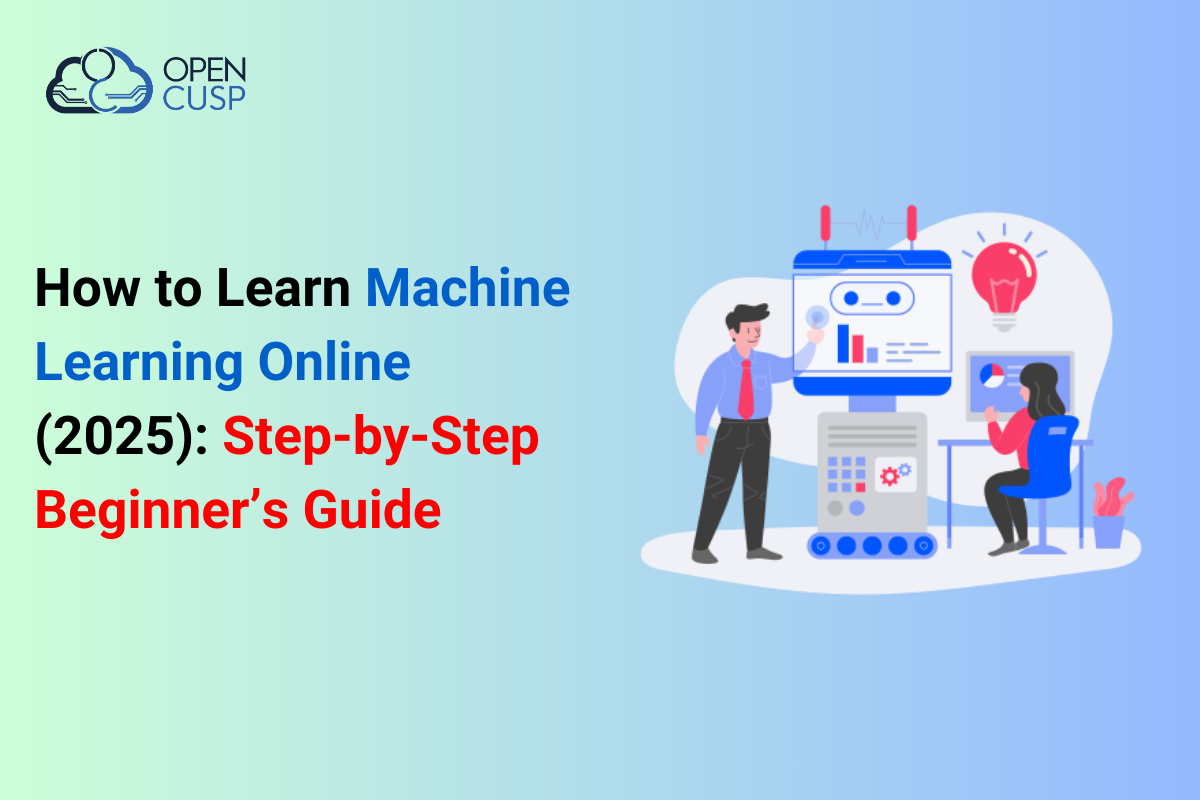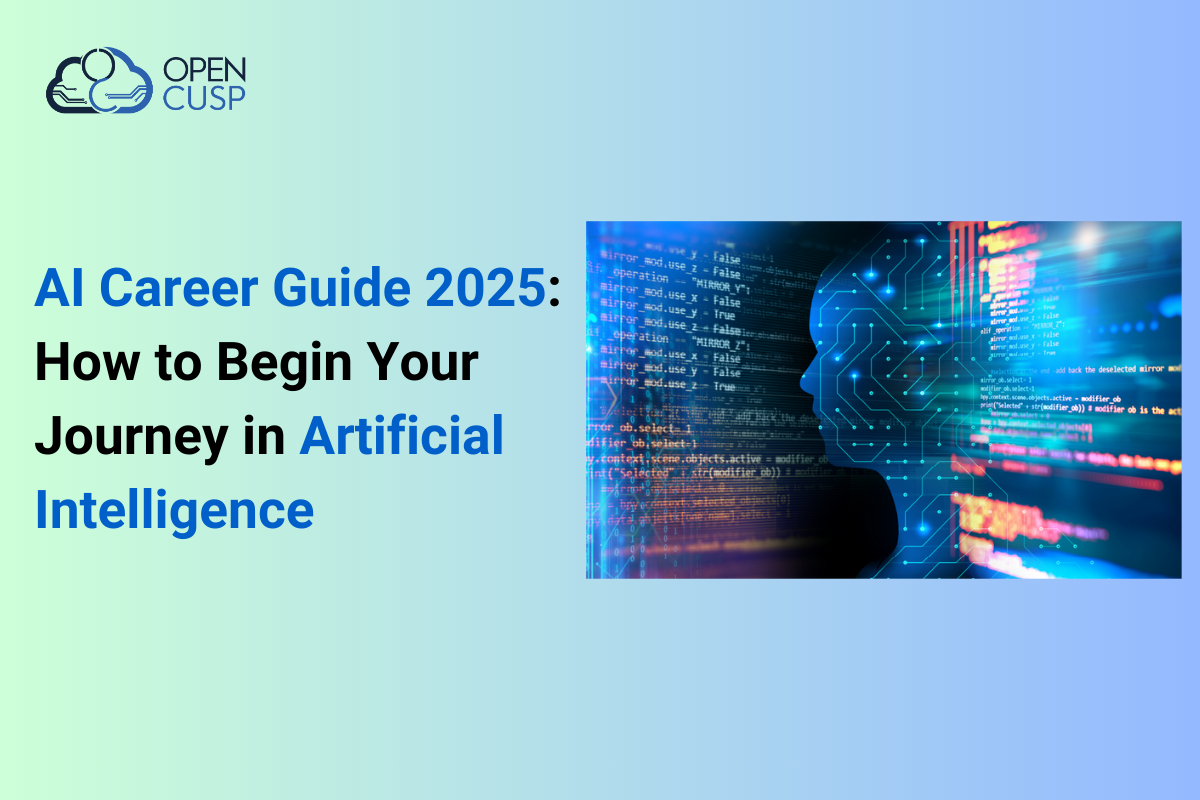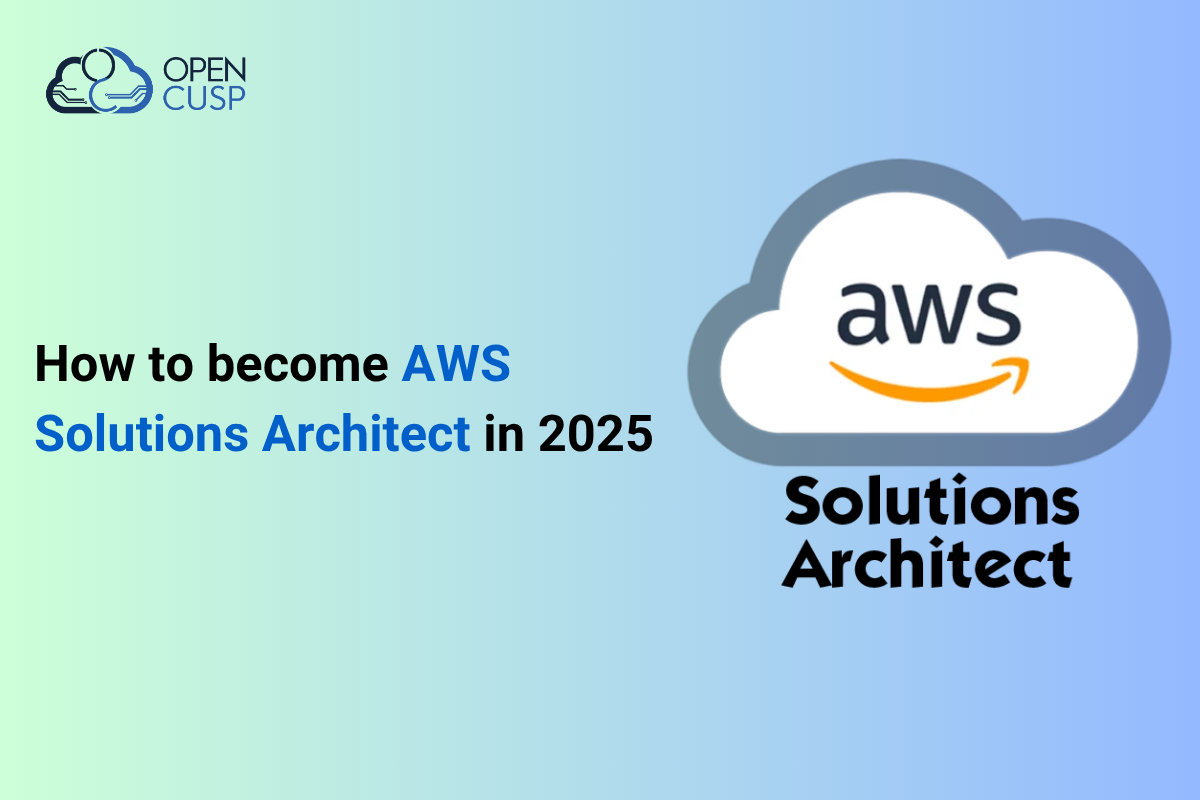Learn machine learning online with a real guide from zero to pro—discover tips, mistakes, and s...
Read MorePopular Courses
Learn Most In-Demand AI Skills
Explore top courses in AI, ML, Data Science & GenAI—built to get you job-ready fast.
Join thousands of learners building real-world skills in AI, Machine Learning, Deep Learning, NLP, and Generative AI.
Explore top courses in AI, ML, Data Science & GenAI—built to get you job-ready fast.
You’ll learn from experienced professionals who have worked with top companies and have practical experience in ML, DL, NLP, and GenAI— not just theory.
Every course is designed with the end goal in mind: helping you land a job. In each course, we cover real-time projects and scenarios to ensure you’re prepared for the workplace.
We will guide you on how to crack interviews and prepare your resume, helping you to land job offers quickly and confidently.
Explore the latest insights and trends. Stay informed with expert opinions and updates.

Learn machine learning online with a real guide from zero to pro—discover tips, mistakes, and s...
Read More
Start your AI journey in 2025! Learn ML, DL, NLP & Gen AI online with practical tools, projects...
Read More
Learn the steps to become an AWS Solutions Architect in 2025. Get tips on skills, certification...
Read MoreRavi S. (India)
Verified User⭐⭐⭐⭐⭐
The real-world projects gave me the kind of experience I could actually talk about in interviews. The team helped me prepare with mock interviews and feedback and last week, I finally received my offer letter!
Emily R. (USA)
Verified User⭐⭐⭐⭐⭐
I took the free demo class just to explore and honestly, I didn’t expect much. My experience was not good with other institutes. But the way the Hemant Sethi explained things so clearly in just one session convinced me to enroll. I finally found a place that gets how adults really want to learn.
Ankit S. (India)
Verified User⭐⭐⭐⭐⭐
The support team is what made the biggest difference for me. Whether it was rescheduling a session or helping me access recordings late at night, they were kind and always responded on time, and it always made me feel like my learning mattered.
Ritu M. (India)
Verified User⭐⭐⭐⭐⭐
The curriculum is properly structured, not just a dump of videos. Every AI topic built on the previous one, with clear examples and real use cases that made things click. I never felt lost and it helped me in a lot in my learning journey.
Devika I. (India)
Verified User⭐⭐⭐⭐⭐
More than teachers, the mentors felt like senior colleagues - guiding us patiently, sharing real project insights, and even helping us connect the dots when we felt stuck. You could tell they weren’t reading off slides, they were sharing experience. It has helped me to get a job with good package.
Arjun N. (India)
Verified User⭐⭐⭐⭐
The Open Cusp team has built something really thoughtful. From check-in messages to doubt-clearing sessions, it felt like they actually want to succeed. That human touch is rare in online education today.
Sophie L. (Canada)
Verified User⭐⭐⭐⭐⭐
I joined the Complete AI course on a friend’s recommendation, and I’m so glad I did. It wasn’t just about the content - it was the way everything came together so smoothly: supportive mentors, a helpful support team, and a learning environment where feedback was genuinely heard.
Find answers to the most common queries about our courses, learning process, and career support. We’re here to help!
Open Cusp offers industry-ready courses in Machine Learning, Deep Learning & NLP, and Generative AI. We start with real-world projects to help you build confidence from day one. Our focus is simple: job-ready skills, hands-on learning, and uncompromising quality.